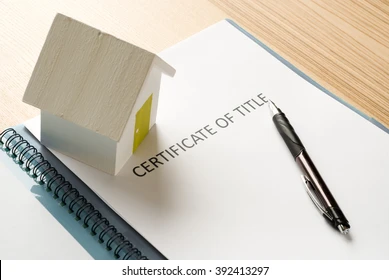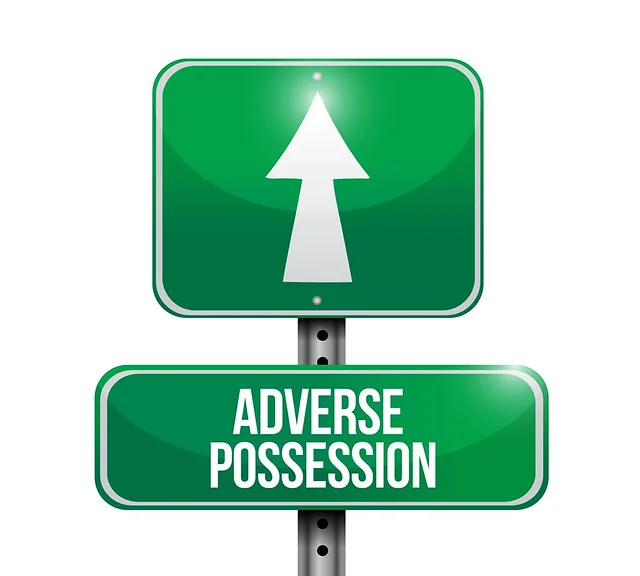

In this opener, we will first establish the main principles concerning this area of law and define what is adverse possession. In the second part of this series, we will look at the process by which a squatter obtains their title.
Whereas a legal owner has the right to remove squatters from their property, the issue then lies with owners who do not exercise that right and leave the squatters on their land for a long period of time.
The law concerning this is covered in the Limitations of Actions Act. Section 3 states that any person with the title cannot enter into a property or initiate a suit to gain possession of a property, if it has been more than 12 years since they have exercised any ownership of said property.
This simply means that if you have left the land alone for 12 uninterrupted years, you lose your right to exercise ownership of that land once that time expires.
Therefore, a squatter, though they may have used the land without the owner’s permission, if they were left uninterrupted, will become the owner of said land by way of what is known as adverse possession.
It is called adverse possession as the person using the property does so in competition or “adversely” to the owner’s rights.

It is important to know that this happens only if the person has been left in possession for 12 years, without disturbance. So, for example, if the title owner comes to the property and plants crops, builds a fence or a structure, executes a lease, or any other act that an owner does on the property he owns, then the time will start only after that act is complete. The person in possession must show that they were left alone on the property for the required time.
Should the 12 years pass, then the person in possession may apply for their own title, which would automatically cancel the title of the original owner. The rationale behind this is to prevent land from being wasted. It is in the best interest of the government to have land in full use and not allow owners to simply own land and nothing more.
It is important to note as well, that simply paying the property taxes does not interrupt the time. The owner is expected to have a physical, practical display of ownership that involves interaction with the land itself in order to stop the clock on the possession.
Additionally, this process does not only apply to full parcels of land that are settled by other people. It applies to any bit of land that is left to be occupied by someone other than the title owner. So, for example, two neighbours on adjoining parcels of land have built their respective homes on the lands, if part of the fence for one property actually falls on the property belonging to the neighbour and the neighbour does not do anything to ensure the fence is removed, then the part of his land that is covered by the fence will be adversely possessed by his neighbour.
It is, therefore, important that land owner exercises their rights over their property to safeguard against claims of adverse possession.






Comments